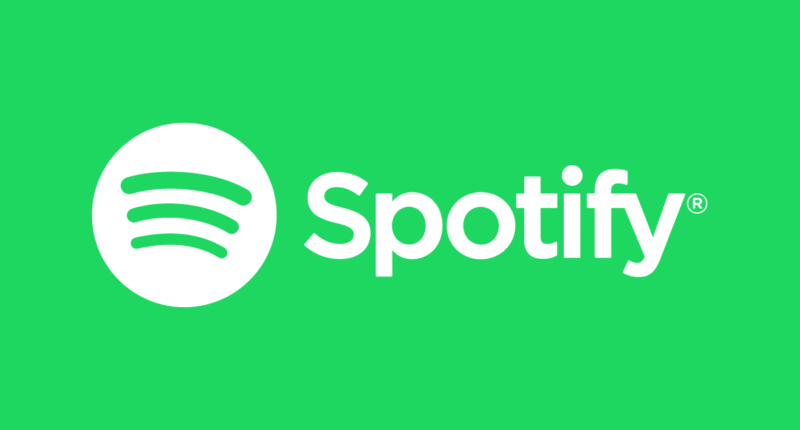Spotify today announced the arrival of its newest feature, Group sessions, which will allow multiple users to listen to music together in real time. Under this new feature, a participant of a “Group session” can pause, skip, or restart a song, and the change will be reflected by all the participants of the session. Group Sessions let everyone be their own DJ, and help people share the joy of music among their loved ones.
First, a “host” has to tap the Connect menu in the bottom-left corner of their Play screen, which will display a shareable code in return to the “guests”. These guests can then scan the code and enter the Group Session, where they will be able to add or remove tracks to the host’s playlist. Moreover, everyone will have full control over the music that’s playing, so they can pause, resume, or skip tracks on the queue.
Spotify has announced that this feature will only be available to Premium users. Thus, Spotify is counting on Group Sessions to drive up the rate of conversion from free to paid subscribers. This is the perfect time to make the move, as the company witnessed “double digit” growth in the past few weeks in listening around in-home activities, like cooking, chores, family time, and more.
The feature was first uncovered by Jane Manchun Wong, well renowned reverse engineer who has been known to uncover secret “work in progress” initiatives by social media companies. On May 31, 2019, she tweeted, “Spotify is working on Social Listening, letting friends to control music together with their own devices. Scan Spotify Code or open link for it to begin. For example, I’m listening Spotify right now. Feel free to introduce me new music…”
However she added that the feature was only limited to users with access to social listening on the platform, which at the time were just Spotify employees. “The link to control my music will only work for those with access to Social Listening, meaning only Spotify employees for now. For those at Spotify, feel free to go wild :D,” she said.
The feature is going to beta today, which means that it is still under development, and it might take a while for general public (who are not a part of Spotify’s beta testing) to get it. TechCrunch reports, “The version launching today is the first iteration of the feature, and Spotify expects it will evolve over time as it learns more from user feedback. It may even expand beyond people sharing the same space in the future.”





